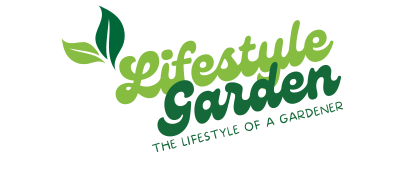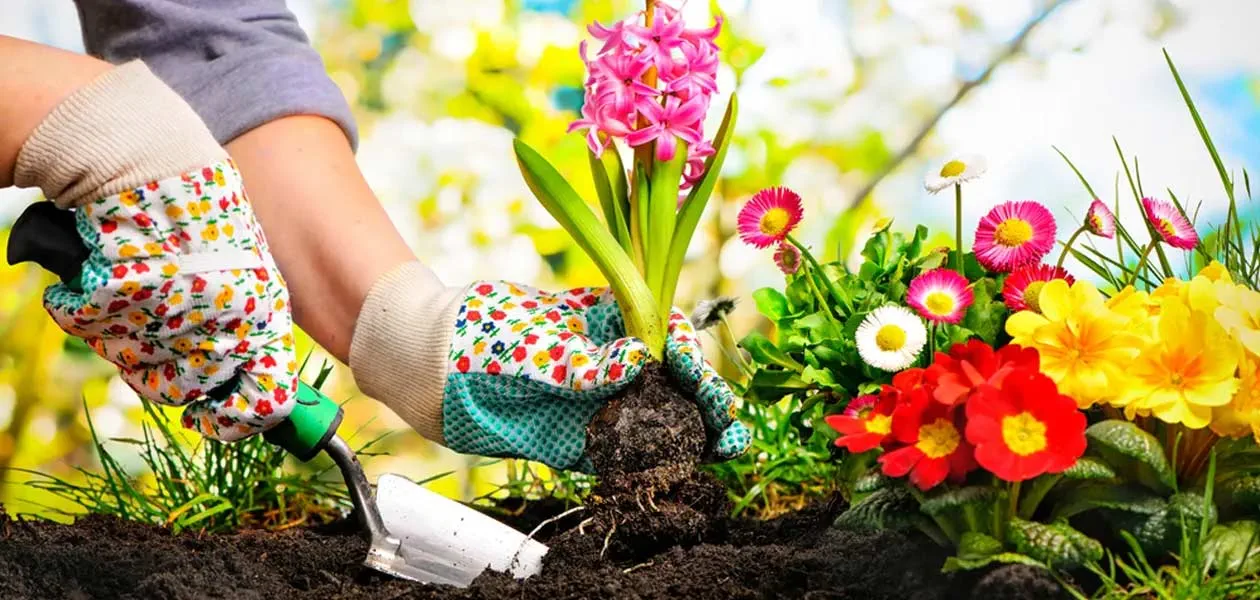Whether you’re just starting out in your gardening career or you’re a pro, there are some tips you should keep in mind. These tips can help you plan your garden, avoid common garden pests, and avoid weeds and grasses.
Watering too much or forgetting to water your plants
Whether you’re a novice gardener or you’ve been gardening for years, watering too much or forgetting to water your plants are mistakes that can kill your plants. Luckily, this mistake can be avoided with a few simple tips for 2023.
One of the best ways to avoid overwatering is to have a schedule for watering your garden. If you’re not sure how much water your plants need, you can check with your local nursery or internet to find out.
Whenever you water your plant, you want to make sure you’re applying the right amount of water to the roots. If you apply too much, it can cause the roots to rot and the plants to die. Overwatering also attracts insects.
Avoiding weeds and grasses
Keeping your garden free of weeds and grasses is not only important for the health of your plants, but it can also improve the look of your yard. While there are many chemical solutions, you can also use a few simple techniques to prevent weeds from establishing themselves in your yard.
One of the best methods for preventing weeds is to use organic mulch. This will protect your soil from weeds and grasses and will also help retain moisture in the soil. It’s also recommended that you use a layer of mulch at least 2 inches deep to prevent weeds from germinating.
Another effective technique is to add a soaker hose at the base of your garden plants. The water will provide the soil with the nutrients and moisture it needs to grow healthy.
Diversify your garden
Creating a diversified garden can be a rewarding family activity. Not only does it provide you with your own food, but it can also serve as a natural defense against pests.
One of the best things about diversifying your garden is that you will attract birds, pollinators and other creatures into your yard. These creatures are the natural enemies of common garden pests, and they help prevent infestations.
For instance, a pond is a great way to attract fish, frogs and dragonflies. Fruit-bearing ferns are also an important food source for these creatures.
One of the most important aspects of diversifying your garden is to add a border of beneficial plants. These plants not only provide shade, but they also add to the biodiversity of your yard.
Plan your garden before you start
Whether you’re planning your garden for the first time or you’ve been gardening for years, there are some tips that will help you succeed. Start with a worksheet that will include as much information as you can. If you can, be sure to document any changes that you make to your plan. You’ll find that this will help you avoid making unnecessary purchases in the future.
Decide on the type of garden you want to design. You’ll want to consider the size of your garden and the amount of sunlight it will receive. You should also determine if you want to plant flowers for beauty or for wildlife.
Dealing with common garden pests
Using natural methods to deal with common garden pests is the best way to avoid using toxic chemicals. It also helps to strengthen the immune system of your garden. Identifying the stages of each pest is essential.
Susceptible plants include eggplants, peppers, and tomatoes. Often, aphids are the culprit. They feed on the sap of these plants, which weakens their growth. The sticky honeydew they leave encourages the growth of sooty mold.
Leaf-footed bugs are also a common problem. These insects have a white stripe on their backs. They are often confused with stink bugs. When you disturb them, they will fly away. They are most likely to damage tomatoes.
Bringing your plants indoors
Bringing your plants indoors is one of the best gardening tips, but it is also one of the most challenging. You need to check for pests and diseases and make sure your plant is healthy. Depending on the type of plant, you may need to make some adjustments.
Insects can infest houseplants and can multiply rapidly. If you have an infestation, you may have to treat your plants several times before the problem is solved. You can get rid of pests by washing your plants with water and neem oil. You can also use insecticidal soap to kill hitchhiking bugs.
Many garden plants are brought inside during the winter. They include geraniums, coleus, begonias and impatiens.

